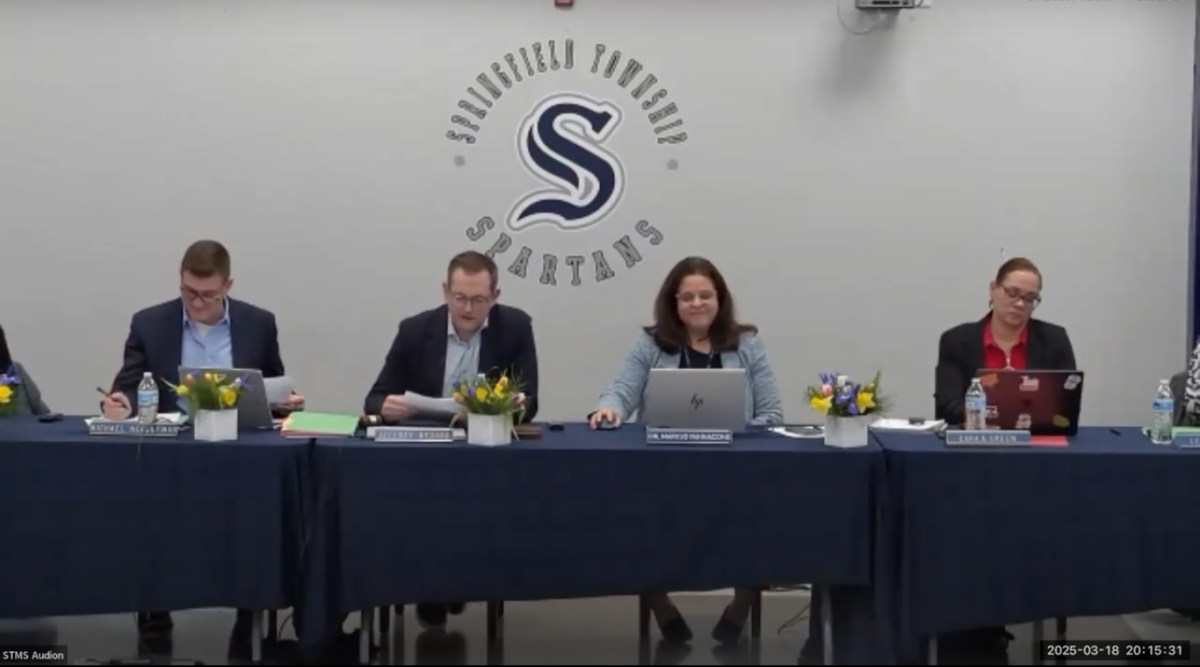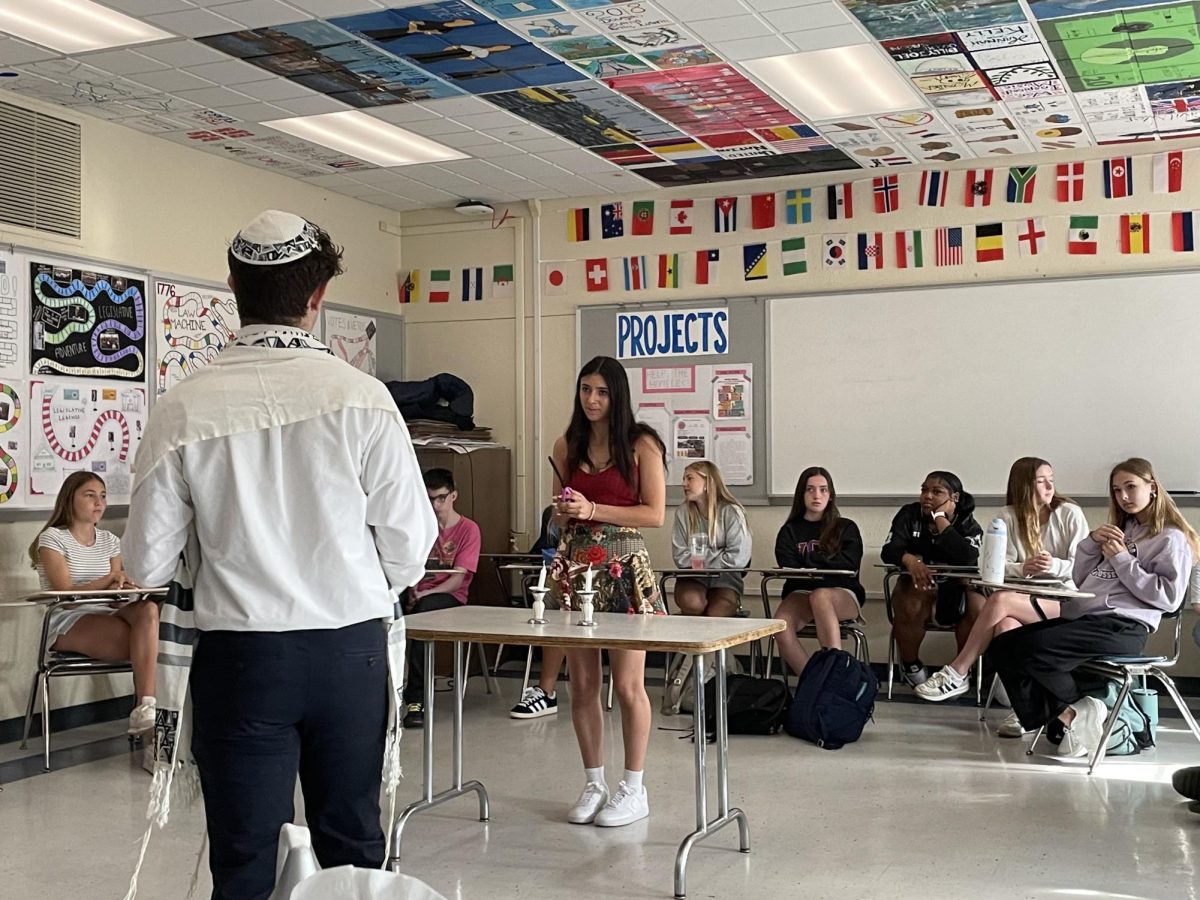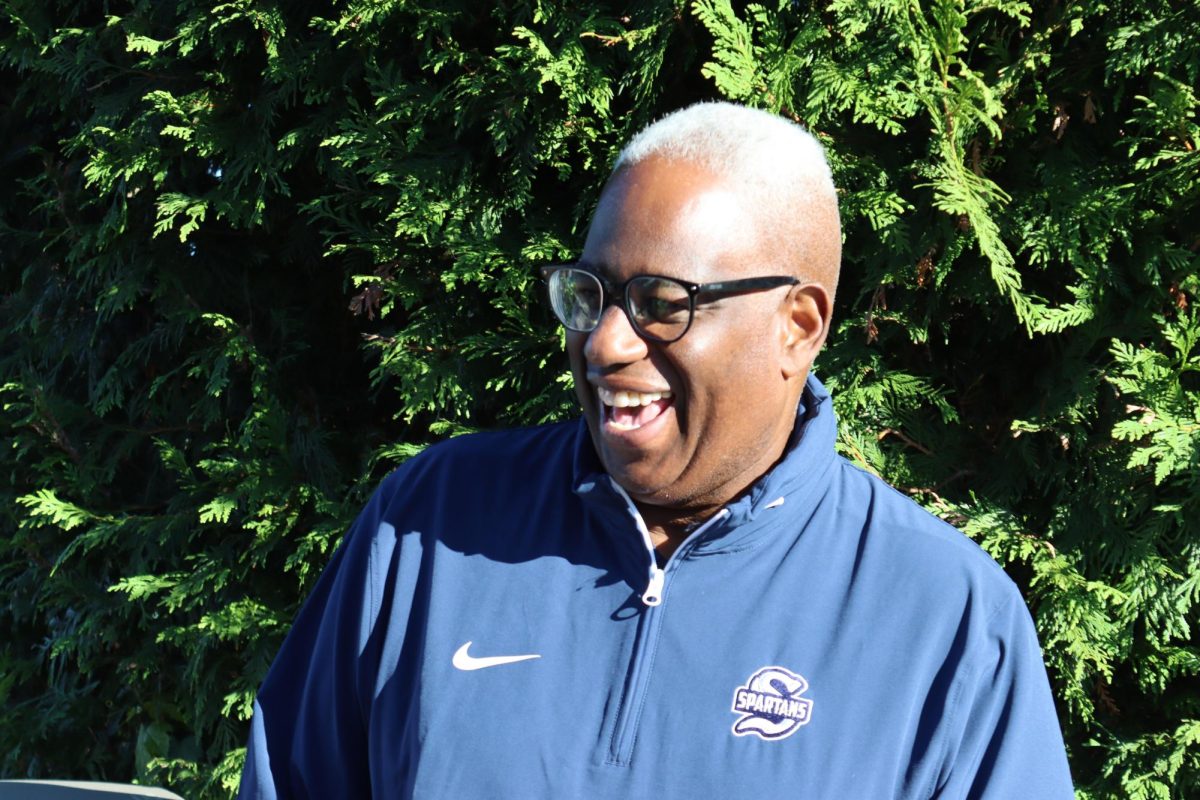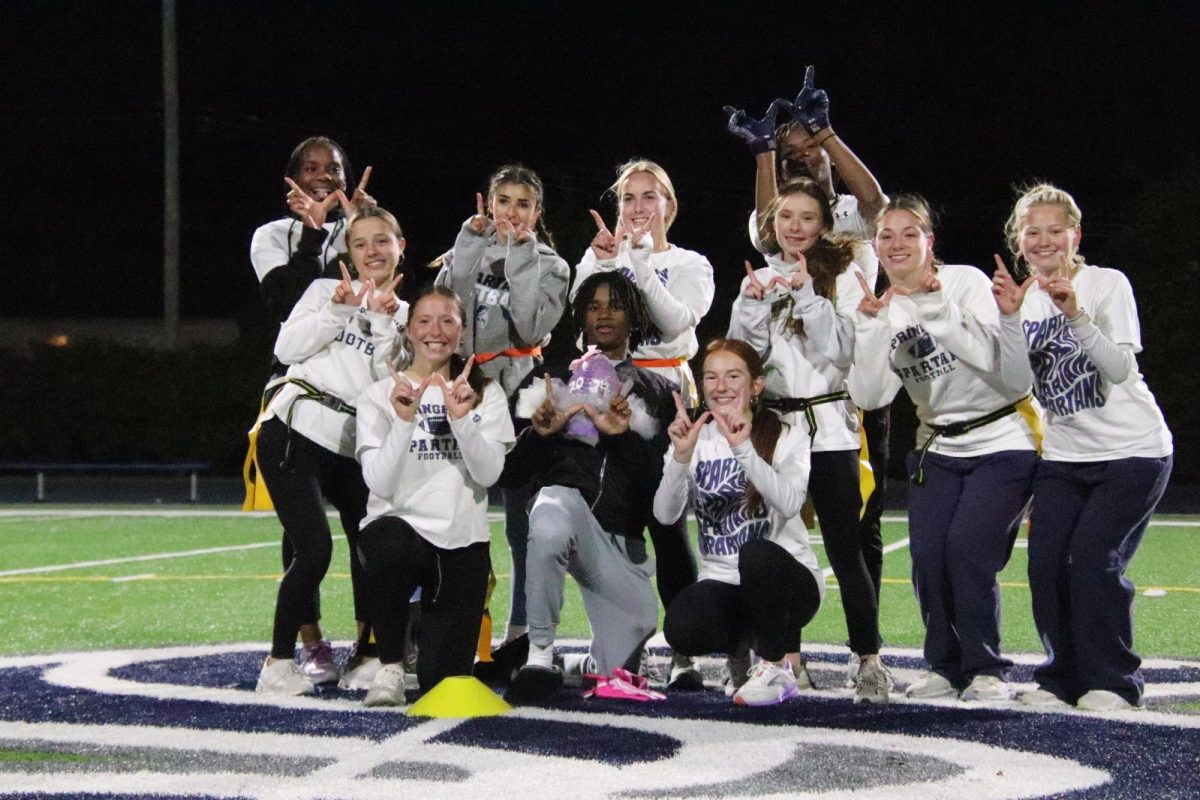In Springfield, high schoolers’ social media usage is not a secret, and each student has their own stories on how they have been impacted by it. As social media use grows across the globe, the conversations surrounding its place in schools grow alongside it. The debates question whether high school students’ access to social media is truly beneficial. Is social media helping us move forward? Or is it setting teenagers back?
When asked what age high schoolers first downloaded social media, students’ answers ranged from nine to twelve, the majority of students’ first experience with social media being TikTok. Gus May, a sophomore, believes that he downloaded TikTok “right on time at the age of twelve, but freshman Rafaella Castillo shares that in her experience, she “think[s she] was late” to social media and the internet after downloading TikTok at the age of eleven.
Benefits of Social Media for Teenagers:
Students don’t own social media for nothing. Sophomore Charlize McGorry says that social media grants the ability to “see what everyone else is doing” and raises the point that “After COVID hit [social media] was one of the only ways [she could] communicate.”

Landon Michell recommends social media for teenagers, “starting at the age of twelve,” and believes that “everyone should get their fair share of it.” She shares that social media is “how [she] became who [she is] today,” and has provided her “help when [she doesn’t] know what to do in a situation” and has “educated [her] a lot.”
Issues Surrounding Social Media for Teenagers:
Despite the points students made on how social media has been a comfort and source of communication, many students disagree with these claims and believe social media to be, as Gus May states, “an overall negative thing.”
May points out that social media “is time-consuming, but the time you put into it doesn’t result in a positive outcome.” He adds that he has deleted TikTok in the past year, sharing that “Life is much better.”

McGorry believes, “It can be detrimental to people’s mental health when comparing yourself to others,” and Elena Lee thinks social media can “ruin [one’s] childhood” due to how “scrolling keeps people attached to their phones,” and “rots people’s brains.”
Patrick Fecak shares that he “wishes [his] parents were more strict with [his] social media usage” growing up, and states, “having Tiktok or Instagram is not good for [one’s] brain,” because, due to “mindless scrolling… you’re always looking for the next great thing”.
What Do We Do?
Fecak believes a child should have access to social media “no earlier than sixth grade,” but because of not wanting the person to “feel left out,” he or she should have social media “before high school.”
When it comes to Tiktok, Lee says the age requirement to download should be sixteen, while Michell argues it should be twelve. Both Lee and Michell also have differing thoughts on “screen time” restriction: Mitchell believes that “no one should have it,” because “everyone deserves freedom on their own phones.”
 So, as expressed by McGorry, the conversation over social media usage for teenagers is and will remain a “difficult topic.” However, with this debate, students continue addressing the issue through “conversations” and work to solve this problem.
So, as expressed by McGorry, the conversation over social media usage for teenagers is and will remain a “difficult topic.” However, with this debate, students continue addressing the issue through “conversations” and work to solve this problem.












